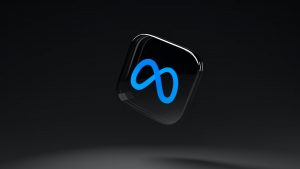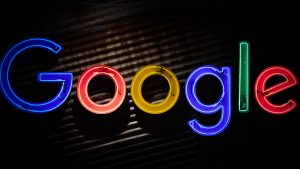UN publishes digital regulation guidelines; Meta to require disclosure of AI content in political ads; Google rolls out new AI features for Performance Max
by on 9th Nov 2023 in News

In today’s ExchangeWire digest: UN publishes digital regulation guidelines; Meta to require disclosure of AI content in political ads; Google rolls out new AI powered features for Performance Max
UN publishes digital regulation guidelines
The UN has announced guidelines to tackle digital regulation, following research finding that 85% of consumers are worried about online disinformation, and almost 87% believe it has already harmed their country’s politics.
Audrey Azoulay, director general of Unesco, the UN’s culture body, declared that false information poses a major risk to social cohesion, peace, and stability. Despite existing social media regulations, Guilherme Canela de Souza Godoi – Unesco’s chief of section for freedom of expression – reported that many of these were not created in accordance with international free speech and human rights norms.
Unesco’s plan, Guidelines for the Governance of Digital Platforms, draws on over 10,000 contributions from 134 countries over an 18-month period. Canela de Souza Godoi maintains that the published guidelines represent a “strong blueprint based on a human rights approach, designed to inform and inspire governments and regulators”.
Meta to require advertisers to disclose AI content in political ads

Meta has announced that it will require advertisers to disclose the use of AI-generated content featured in political, electoral, or social issue related ads. This new rule will apply to advertisements on both Facebook and Instagram, for content containing realistic images, video, or audio falsely depicting someone doing something they didn’t, or misrepresenting a real event which played out differently. Advertisers will also need to disclose the use of content containing realistic looking fake people or events. Content edited in ways that are inconsequential or unrelated to the claim or issue presented in the ad will not need to be disclosed. Meta’s policy is expected to go into effect in 2024.
Google rolls out new AI powered features for Performance Max

Following Google’s announcement earlier this year to introduce generative AI features in Performance Max, the tech giant is now starting to roll them out to advertisers in the US. While Performance Max has heavily leveraged AI with the aim of improving efficiency, the solution has previously been criticised for lack of buyer control and insights. Google claims that these features will make Performance Max better at helping marketers “scale and build high-quality assets that drive performance”. The updates will allow marketers to generate new text and image assets for a campaign with just a few clicks, while taking performance data into consideration when suggesting or generating certain assets. Marketers will also gain greater flexibility to enhance assets with AI powered editing capabilities.
New on ExchangeWire
OpenX's Priya Bhatia on Sustainability Strategies Across APAC
StackAdapt's Raina Roberts on How to Unlock B2B Marketing Success with Programmatic
Dom Kozak of JCDecaux UK Explores Attention as a Paramount KPI in pDOOH's Efficacy
PressBox digest
Equativ announces full-stack integration with IRIS.TV
Azerion Joins Forces with Sovereign Nature Initiative to Support Forgotten Parks Foundation
Research by DAIVID Reveals the Most Terrifying Ad of All Time
Want to see your latest press releases featured on ExchangeWire? Email info@exchangewire.com to find out more about our PressBox service.
Fact of the day
As of October, the size of the global AI market is USD$207bn (~£170.5bn).
Source: Statista








Follow ExchangeWire